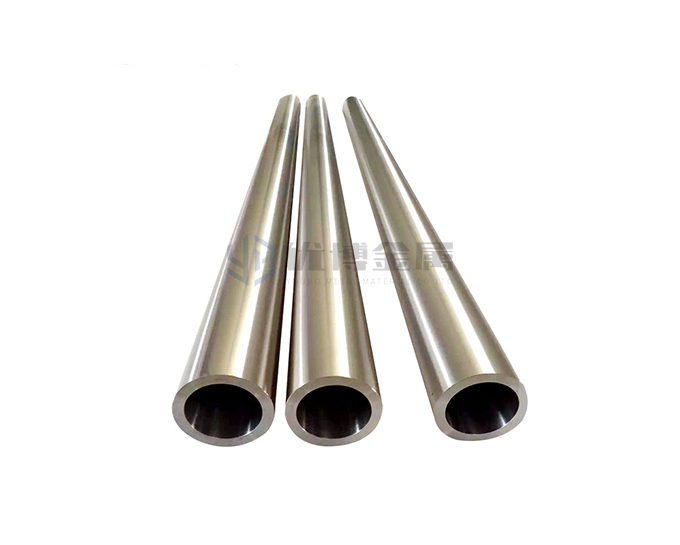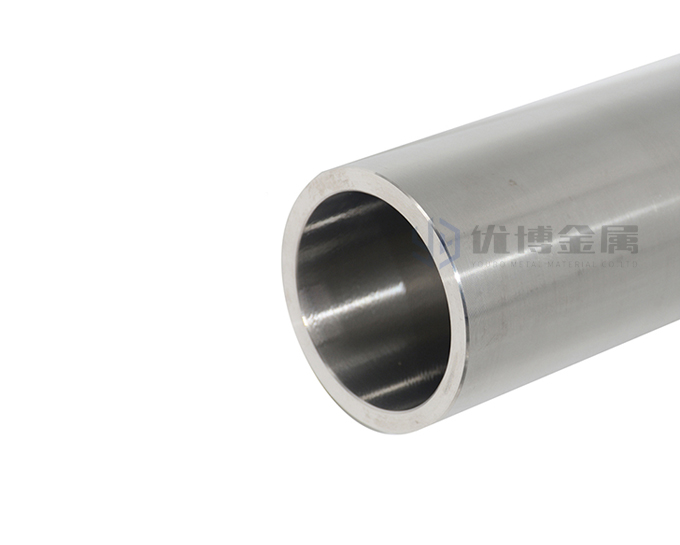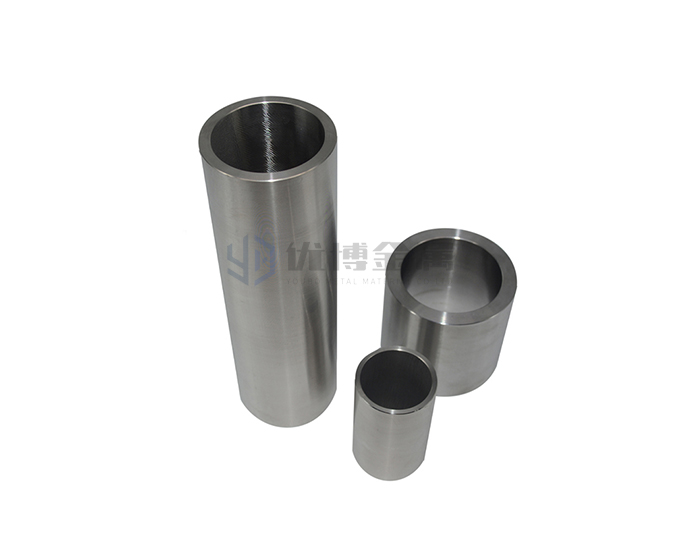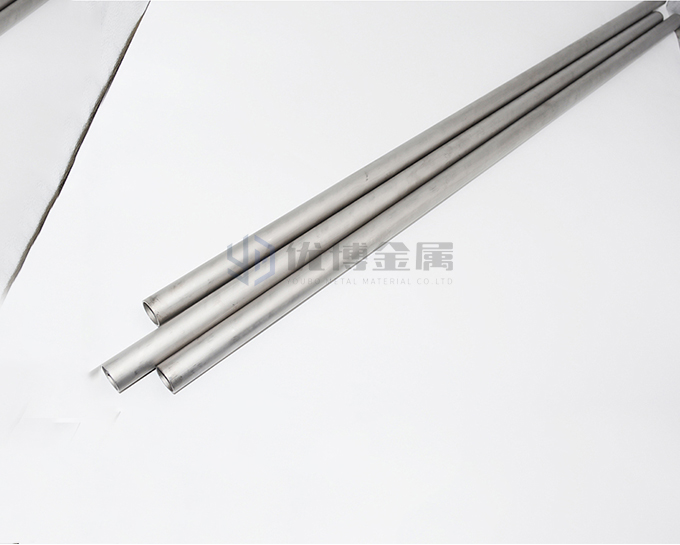Attribute
A metallic element, titanium is recognized for its high strength-to-weight ratio. It is a strong metal with low density that is quite ductile (especially in an oxygen-free environment),lustrous, and metallic-white in color. The relatively high melting point (more than 1,650 °C or 3,000 °F) makes it useful as a refractory metal. It is paramagnetic and has fairly low electrical and thermal conductivity.
Commercial (99.2% pure) grades of titanium have ultimate tensile strength of about 434 MPa (63,000 psi), equal to that of common, low-grade steel alloys, but are less dense. Titanium is 60% denser than aluminium, but more than twice as strong as the most commonly used 6061-T6 aluminium alloy. Certain titanium alloys (e.g., Beta C) achieve tensile strengths of over 1400 MPa (200000 psi). However, titanium loses strength when heated above 430 °C (806 °F).
Titanium is not as hard as some grades of heat-treated steel, is non-magnetic and a poor conductor of heat and electricity. Machining requires precautions, because the material might gall if sharp tools and proper cooling methods are not used. Like those made from steel, titanium structures have a fatigue limit that guarantees longevity in some applications. Titanium alloys have less stiffness than many other structural materials such as aluminium alloys and carbon fiber.
The metal is a dimorphic allotrope of an hexagonal α form that changes into a body-centered cubic (lattice) β form at 882 °C (1,620 °F). The specific heat of the α form increases dramatically as it is heated to this transition temperature but then falls and remains fairly constant for the β form regardless of temperature.Similar to zirconium and hafnium, an additional omega phase exists, which is thermodynamically stable at high pressures, but is metastable at ambient pressures. This phase is usually hexagonal (ideal) or trigonal (distorted) and can be considered to be due to a soft longitudinal acoustic phonon of the β phase causing collapse of planes of atoms.
Like aluminium and magnesium, titanium metal and its alloys oxidize immediately upon exposure to air. Titanium readily reacts with oxygen at 1,200 °C (2,190 °F) in air, and at 610 °C (1,130 °F) in pure oxygen, forming titanium dioxide. It is, however, slow to react with water and air at ambient temperatures because it forms a passive oxide coating that protects the bulk metal from further oxidation.When it first forms, this protective layer is only 1–2 nm thick but continues to grow slowly; reaching a thickness of 25 nm in four years.
Atmospheric passivation gives titanium excellent resistance to corrosion, almost equivalent to platinum, capable of withstanding attack by dilute sulfuric and hydrochloric acids, chloride solutions, and most organic acids. However, titanium is corroded by concentrated acids.As indicated by its negative redox potential, titanium is thermodynamically a very reactive metal that burns in normal atmosphere at lower temperatures than the melting point. Melting is possible only in an inert atmosphere or in a vacuum. At 550 °C (1,022 °F), it combines with chlorine. It also reacts with the other halogens and absorbs hydrogen.
Titanium is one of the few elements that burns in pure nitrogen gas, reacting at 800 °C (1,470 °F) to form titanium nitride, which causes embrittlement. Because of its high reactivity with oxygen, nitrogen, and some other gases, titanium filaments are applied in titanium sublimation pumps as scavengers for these gases. Such pumps inexpensively and reliably produce extremely low pressures in ultra-high vacuum systems.



